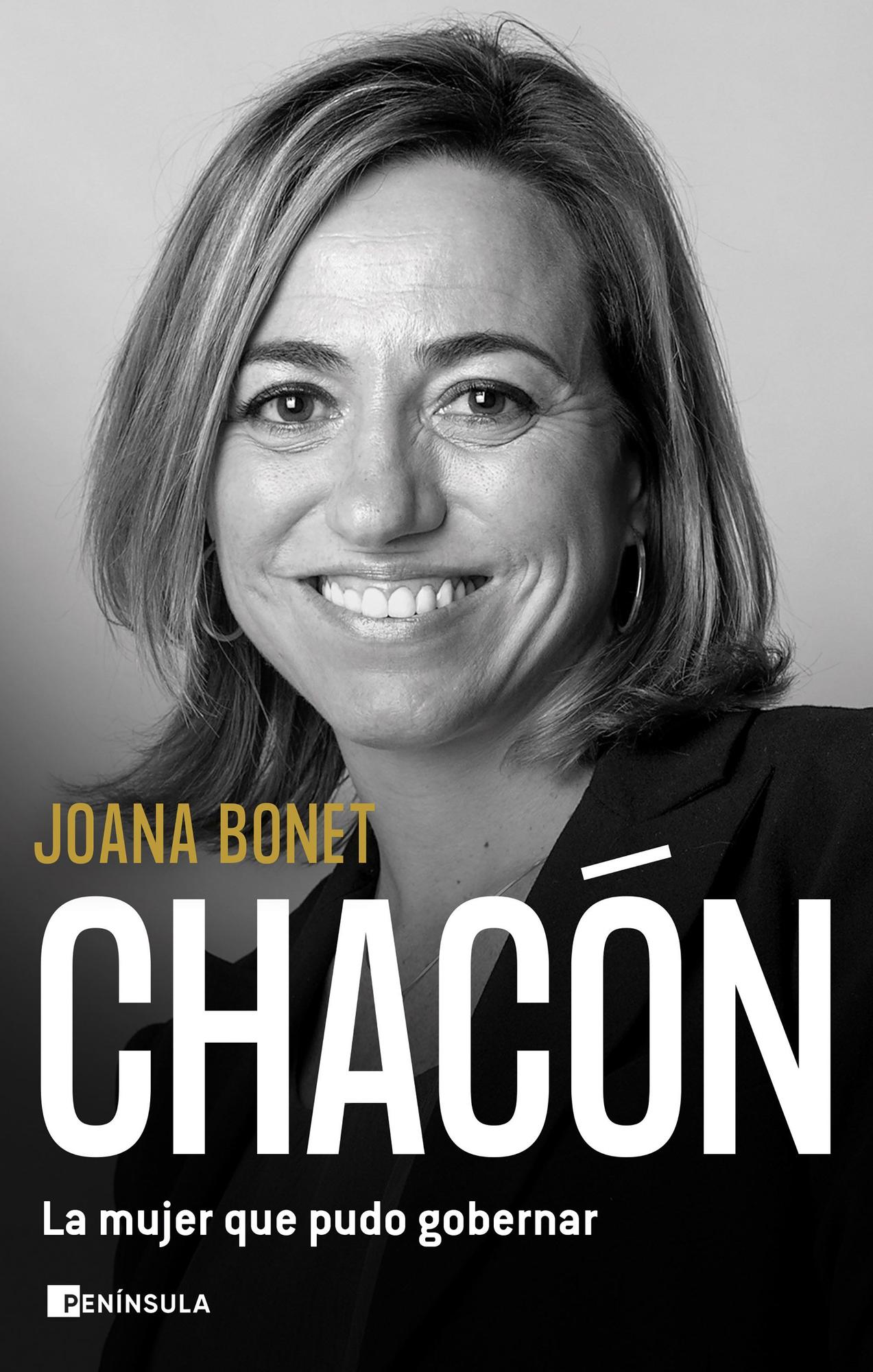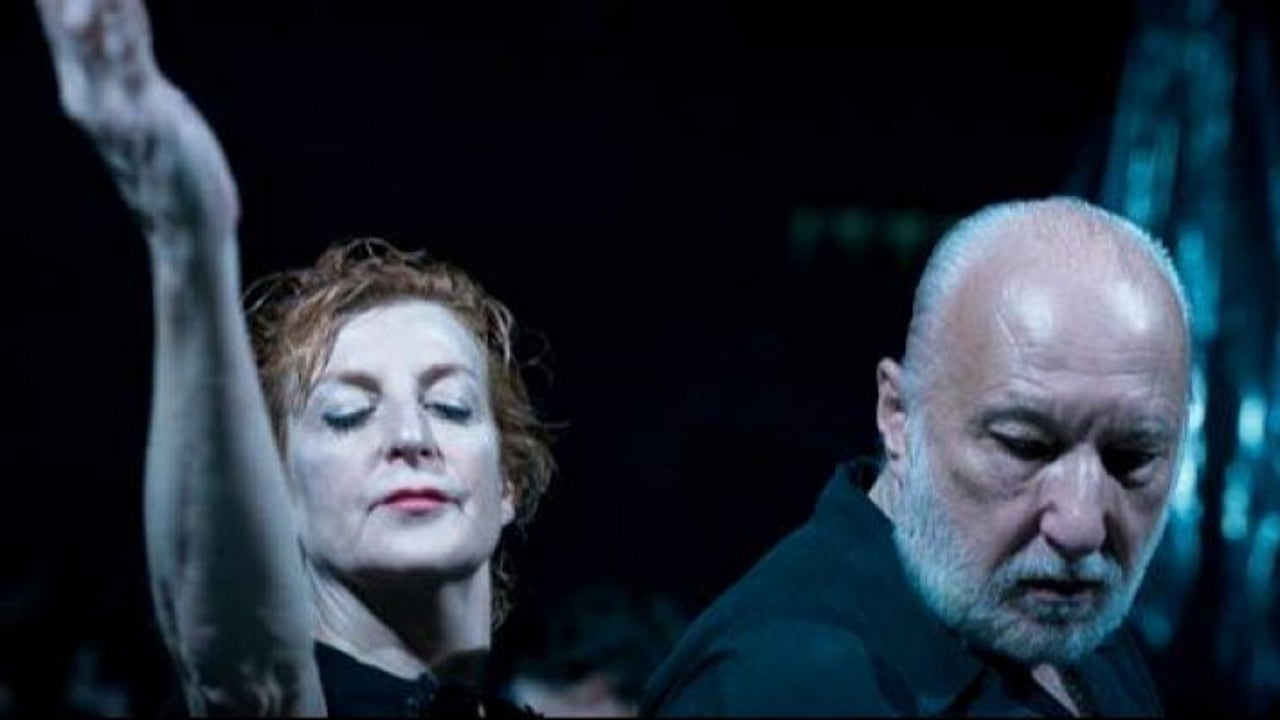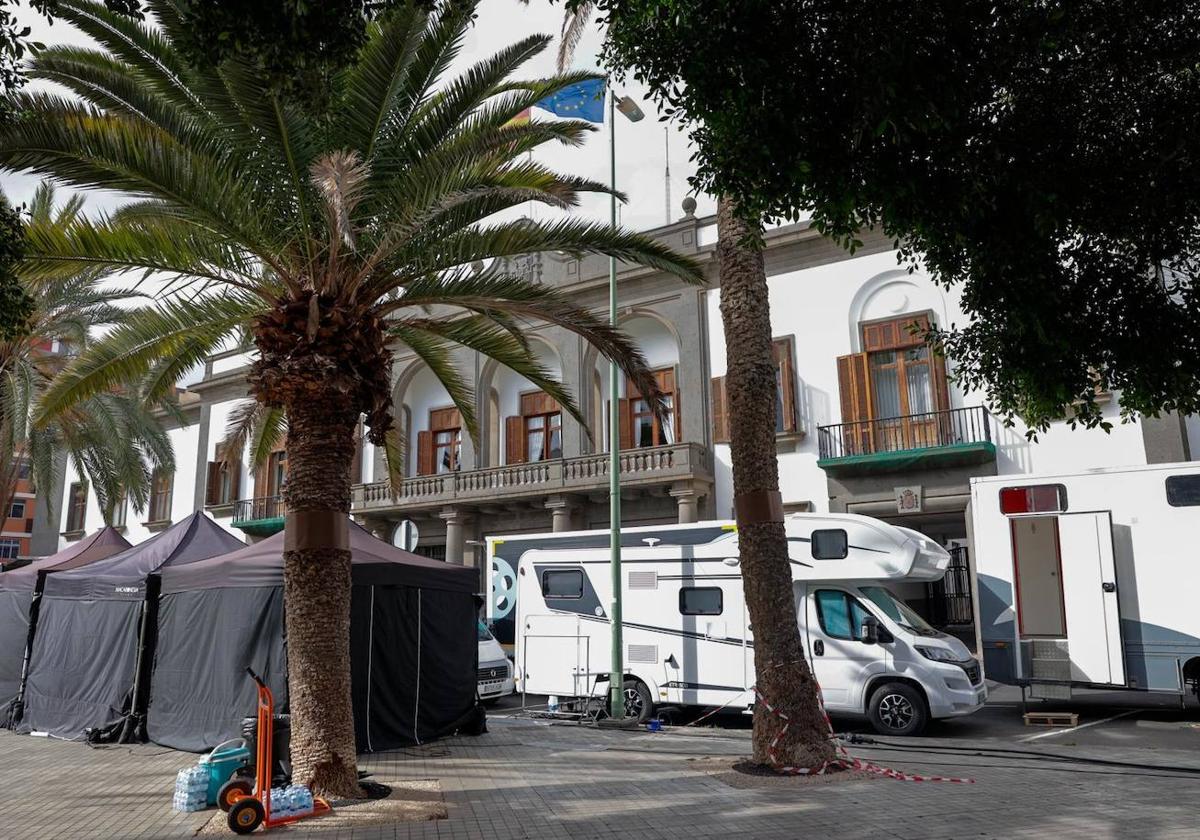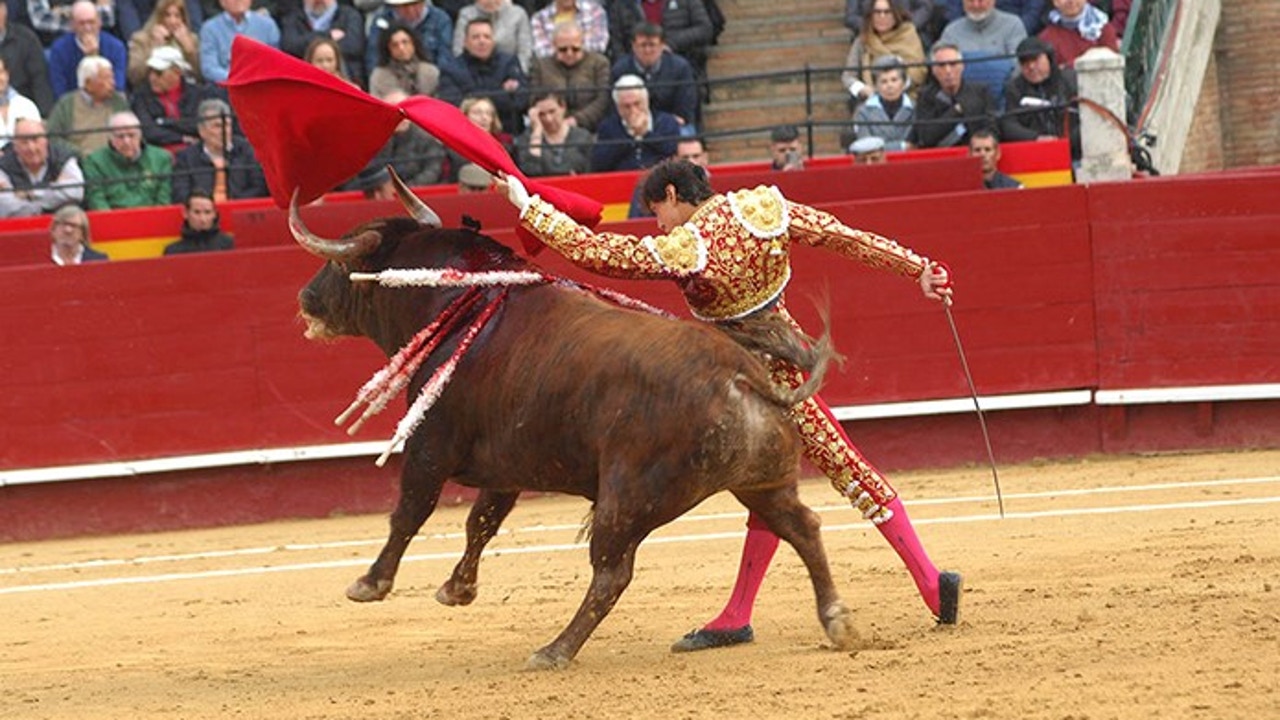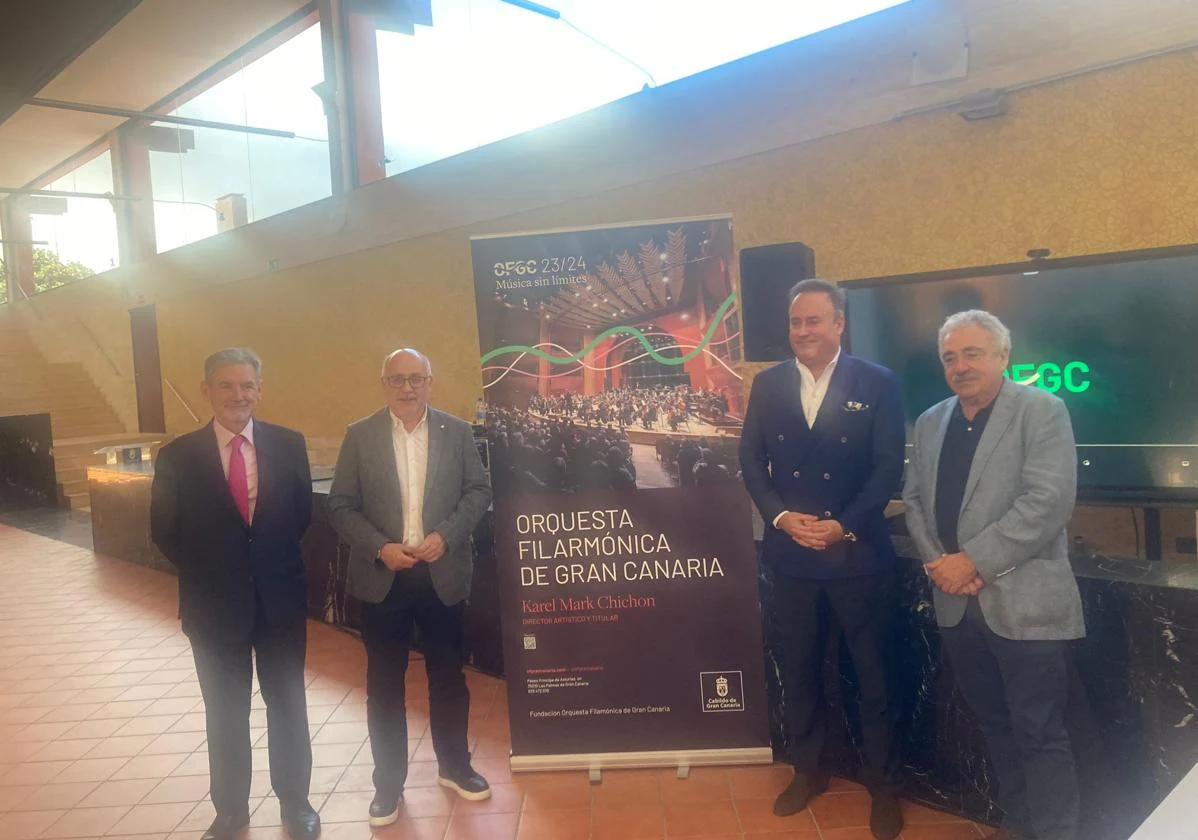Joana Bonet: "Carme Chacón's relationship with the socialist party had honey and gall"
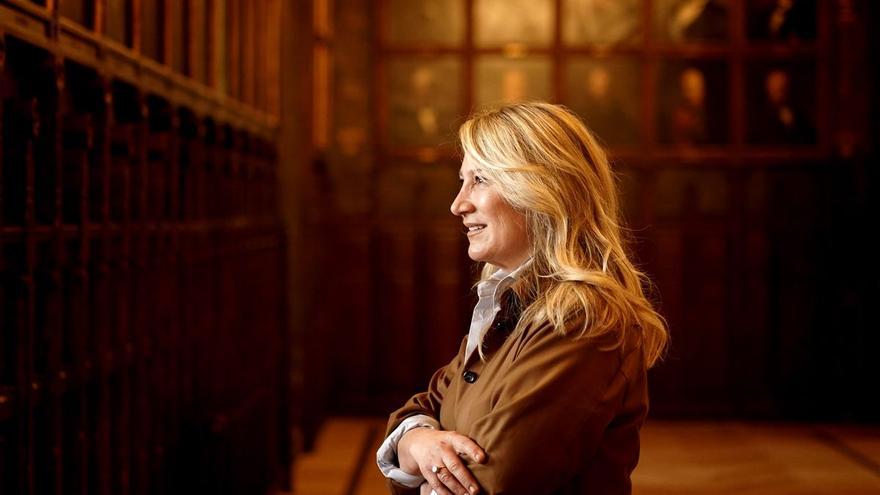
Madrid is cloudy when we talk to Joana Bonetwriter and journalist, about the most difficult book of her life, the one she dedicates to her friend Carmen Chacona socialist who was the first woman in Spain to hold the position of defense minister. She may have been the most powerful politician in this country. But vicissitudes that sometimes bring tears to the eyes of her biographer cut short that career. Her life, which had threatened her from a very young age with the danger of heart failure, ended up being terribly elusive. Carme Chacón died in April 2017, at the age of 46, of a heart attack. Her son Miquel de ella, who is now thirteen, knew the tremendous secret that awaited her mother in a devastating future also for the multitude of friends that shy and rock-solid woman had. In the middle of the Madrid fog, Joana Bonet talks about this 'Chacon. The woman who could rule (Peninsula)' and tells how she knew so many things about her soul friend.
What did you learn about her from the book?
I knew that humanity was at the tips of my fingers, in its most sensitive expression. I began to discover things like that at Christmas I called mothers and widows of deceased soldiers, just when the absence is felt the most. Thanks to this book I learned that one day he forced the military chaplain to build the shelter for homeless children in Peru that he so wanted to build. He gave him a leave of absence and he was able to build the Nazareth Home, which has saved many children.
Why do you think she insisted on that?
Because she lived against adversity and had a gift for taking on the pain of others. She saw that the chaplain had the vocation, the tools, the wisdom to do something like that, which she knew was very important. She told him: "do it now, because you don't know if you'll die tomorrow". It's kind of funny, because she didn't used to talk to us about death. But she went to India with José María Cano to accompany people to die. And she prepared her son to go in peace and for him to stay calm.
Now do you understand the energy with which you assumed your political vocation?
Carme is a daughter of the working class, but not of the oppressed working class. From everything that she and her family suffered, she took her heart out. Her anarchist grandfather did not stop writing, she wrote poems since she was a child, because she always embraced culture as the maximum vital lift. It was what gave him the most satisfaction. Her idol was not any musician, but Gabo. For her, culture was a mantle, shelter, freedom and fun. And she embraces politics because of her origins, that determines her. She knows the repression of the Franco regime and her tail, her grandfather tells her everything. She is trained to be a jurist, specifically a constitutionalist, and she strives to see how she can help citizens, how she can fully return the gains that were denied or taken away for 40 years.
It underlines the fact that she, in some Councils of Ministers, dedicated herself to drawing. What does that distraction mean?
Well, you see it as distraction, but for her it was concentration. She listened and drew houses or boxes, children's drawings, a chimney from which no smoke came out, but rather lightning. A psychologist told me that meant a lot of anger.
She used to wear a half smile. Where was the other half?
Perhaps she was lodged in the melancholy of the future, in thinking that there were many things that she might not be able to experience.
Did she explain that lack of future?
Absolutely. I have her agenda here and she had appointments, meetings, trips… for June, for example. And she died in April. But, curiously, it is the first notebook in which I read about her heart condition. Because there is the phone number of her cardiologist and the phone number of a cousin of hers to report something urgent.
She went about her daily routine. She had two cardiology checkups a year, but she disliked the role of victim. She never complained"
Seeing that kind of premonition, what did you feel as a friend of yours?
It is that I have digested it and I have analyzed it more a posteriori. While she was here, she didn't notice him, no fear. When I told her that Toni, my partner, had had a heart attack, she said: "oh, so young". And then she said: “with the cards that I have”. I gave him a hug and he said "take it off, I'm fucking crazy." And yes, she went on with her daily routine. She had two revisions a year. But she disliked the role of victim. She never complained.
Was that character changing depending on the health that was observed?
It is that his last year was full. He reconciled with everyone. He recovered all the time that politics had stolen from him to dedicate to his son. She went back to her office, everyone admired her. She traveled to Miami and met with the Spanish Circle, which supported her, they asked her to give lectures. That is to say: she had a cosmopolitan life, the way she liked it. She had many projects. She was still in contact with people who were part of the Clinton and Obama teams who, by the way, saw her as the replacement for the left in Spain.
How was she related to the word ambition?
The word ambition screeches when placed next to a woman. Why? Well, because it is thought that this woman wants something that she should not want. And for nothing. In her case, she had all the legitimacy, she had all the experience and track record to go far. She set goals for herself and worked hard to achieve them.
What was your main defeat?
Without a doubt, it was at the party's congress in Seville, but with the prologue saying no to the primaries in the party, because there she fell apart. She had the favor of the militancy, in her surveys the numbers came out and… in the end nothing.
He made an effort to put an end to things that the army dragged from the Franco regime. Secularism, conciliation ... but above all, he returned honor to the military democrats of the Transition "
How did she assume the leading role?
She loved it. The military overwhelmed her. She knew she was being watched, but she carried it very well. She made an effort to remove some things that the military had been dragging since the Franco regime. She introduced secularism, conciliation, even the redesign of uniforms and, above all, she returned honor to the Democratic military, the people who contributed to our peaceful Transition.
So… was it easier for you to deal with the army than with the party?
Definitely! [risas]. From the outset because a military man, before a minister, squares off. But she studied a lot, she made an effort to get to know the whole military world, she interfered in everything. She was traveling to repatriate a body that had fallen in the line of duty, although she did not request it by protocol. And her relationship with the party, well… it had honey and it had gall. When they saw that she was very close to being in charge of the general secretariat, they stopped her. There were some of her own Catalan colleagues of hers who voted against her and… that weighed on her. She also regretted being a "woman of". They said that if she were to lead the party, the one who was really going to be in charge would be her husband, Miguel Barroso. That's how macho they were with her.
Did that affect you a lot?
She knew how to lose and knew how to manage failure. But I think that something like that… always leaves a scar.
Was there a point and apart from the PSOE with itself?
Undoubtedly. Many have admitted to me that that wound still hurts, that it was a brutal shock, that the opportunity to carry out the renovation was lost. She was very open to change, she wanted to remove testosterone, dandruff and dust from politics. Modernize it in the background and also in the forms.
Where do you see those flaws today?
In the tutelage attributed to most women who are in politics, starting with Isabel Díaz Ayuso. In ridiculing the leaders who have been democratically elected.
If Carme were here, she would not look favorably on the media violence that ministers like Irene Montero have had"
But she had nothing to do with Díaz Ayuso, in her ideology and character.
So is. But I mean that when a woman is about to have a very important role in the party, they shut her up or stop her. I think that if Carme were here, she would not look favorably on the media violence that ministers like Irene Montero, for example, have had.
Which part of the book was the hardest for you to write?
The one of death. I postponed it. Perhaps because, in some way, it meant stopping further conversation with her. And also the part of the confession of sexual abuse. It was difficult, it hurt me a lot [se le quiebra la voz y se emociona].

